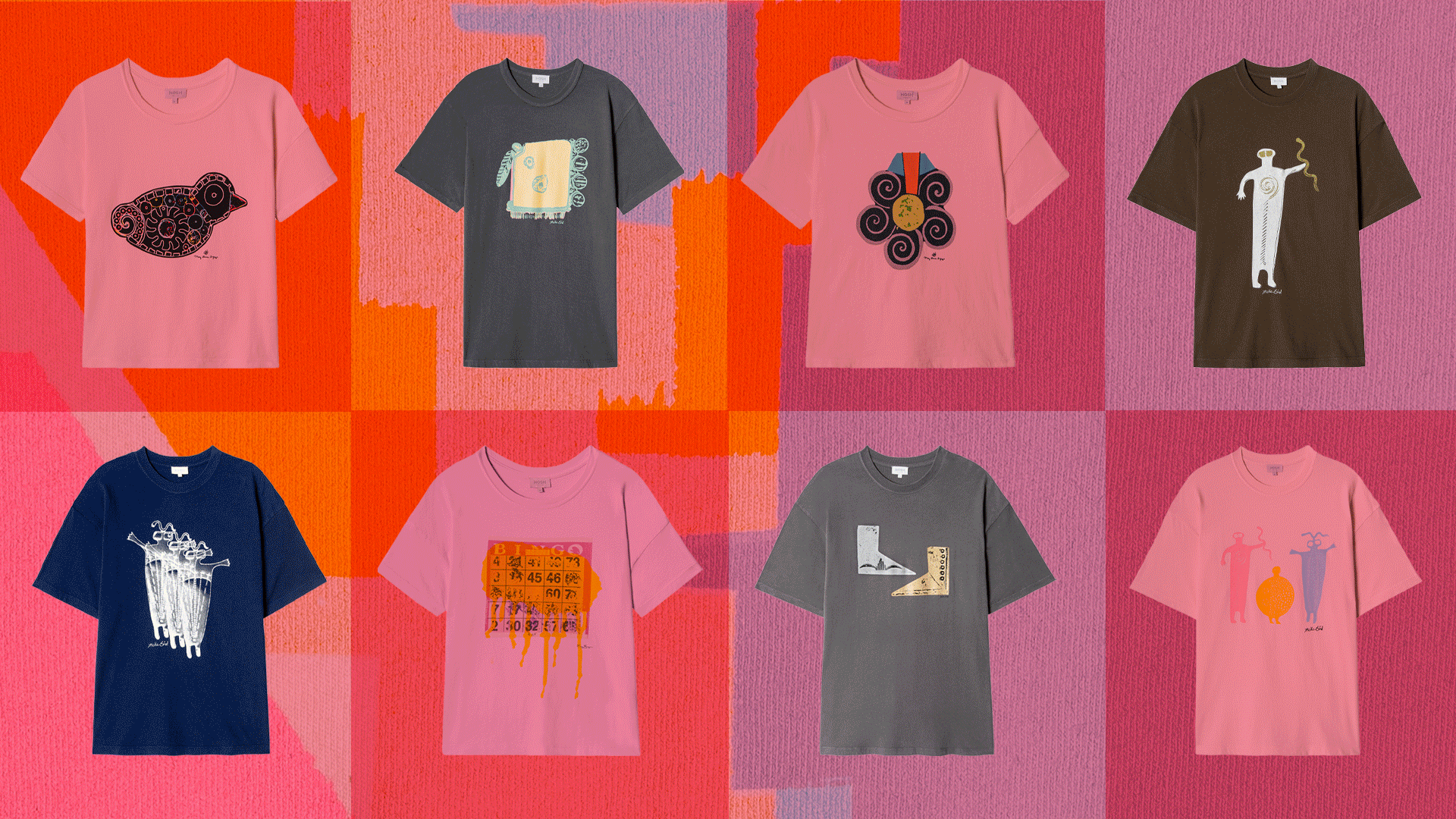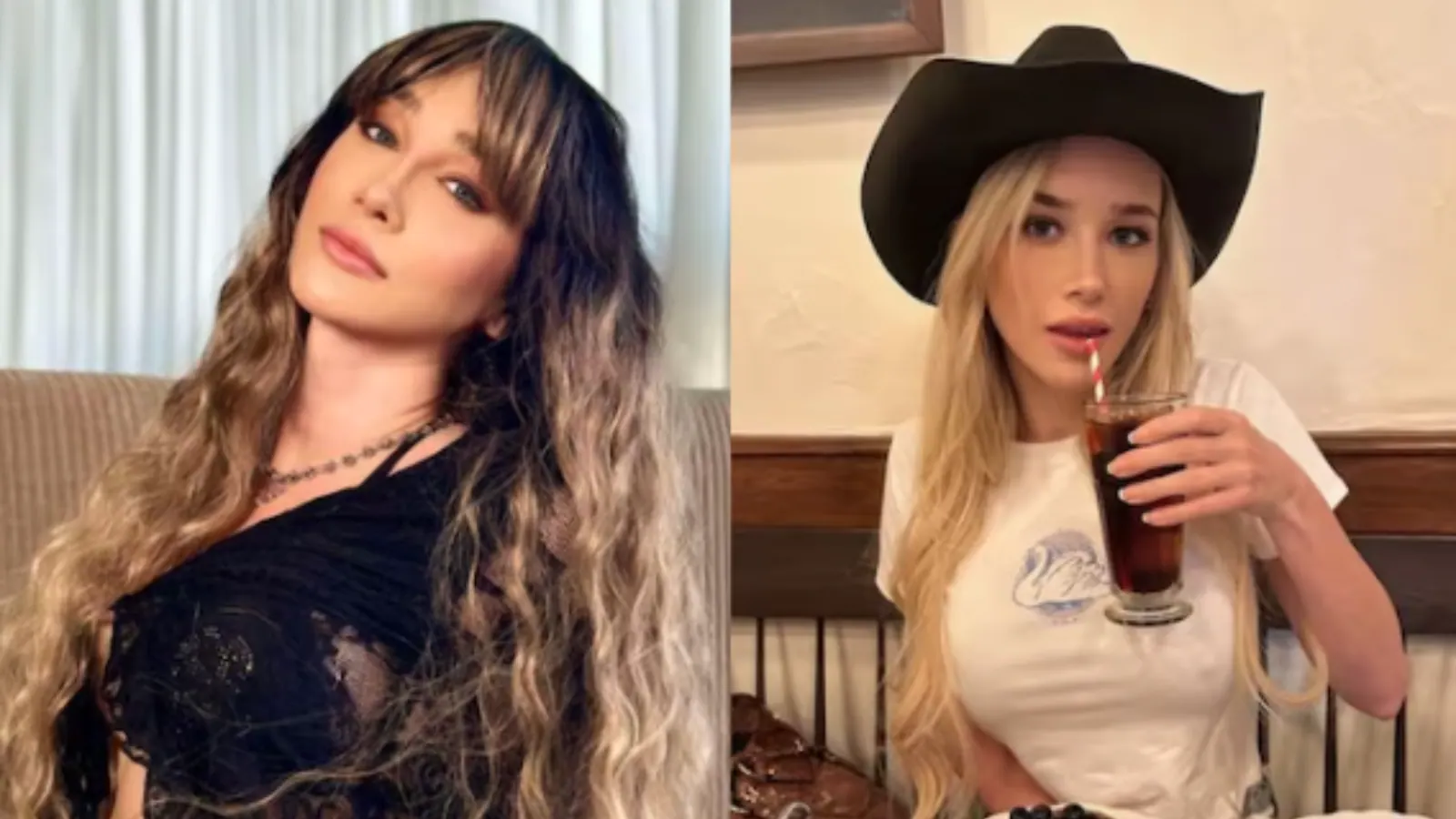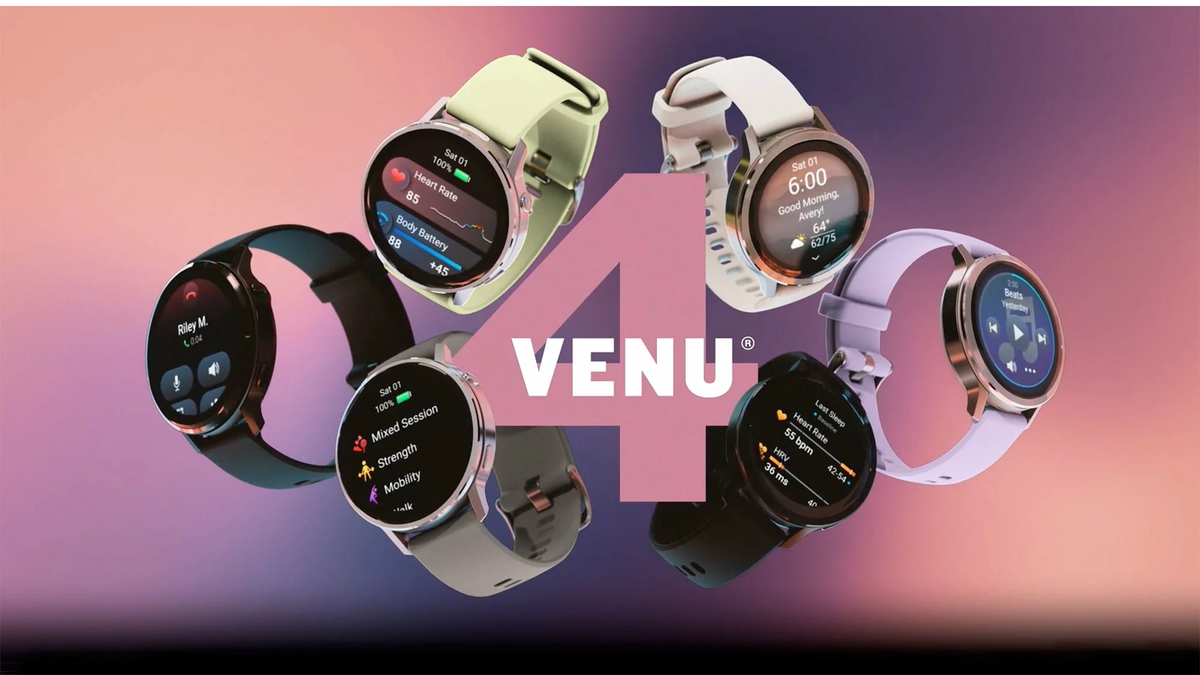
DY Begay, a traditional Navajo weaver, and Tom Tarica, a footwear industry veteran, may be unlikely co-founders, but together, they share the precise set of skills to achieve their entrepreneurial vision. Their lifestyle brand Hosh translates Native American-made designs—seen in weaving, pottery, metalwork, and painting—into U.S.-made, naturally dyed cotton T-shirts, while the creators behind those designs finally get to control their own narrative.
Officially launched in December 2024, Hosh’s debut T-shirt collection, featuring designs from nine Native American artists, ranges in price from $125 to $168, with production costs around $40 per shirt, with a $70 margin. The brand has gained early traction, hitting more than 10,000 Instagram followers in six months.
The idea for the business came to Tarica during a trip to national parks around Moab, Utah, with his brother. Looking for gifts for his children, he noticed something troubling: gift shops were filled with T-shirts featuring Native American iconography, but none were actually made by Native Americans. There had to be a way to connect consumers who genuinely wanted to support Native artists with the real thing, he thought—which led him to approach several artists, including Begay, with whom he felt instant kinship.
Begay and Tarica began to discuss the concept and agreed that their artists would retain all intellectual property rights and 10 percent of T-shirt sales. Begay also stressed the importance of manufacturing products with 100 percent U.S.-made sustainable materials, from organic cotton T-shirts to natural dyes, which reflects her material principles as a weaver.
Featured Video
An Inc.com Featured Presentation
Hosh’s website also features a selection of each artist’s original works in mediums ranging from pottery to metalwork to weaving. The artists receive 100 percent of these sales proceeds.
Despite Begay and Tarica’s divergent backgrounds, their partnership works because of their complementary backgrounds: Begay manages relationships with the Native community and carries forward cultural tradition, while Tarica brings expertise in brand building, sourcing, and factory relationships from his family’s footwear business.
But their commitment to domestic production and fair artist compensation comes at a cost.
Hosh’s T-shirts require a complex domestic supply chain, working with two family-run cotton mills in North Carolina, as well as knitting and cut-and-sew factories and screen printers in Los Angeles. Labor in LA can cost up to $10 per T-shirt and printing ranges from $10 to $15 per unit. Some of Hosh’s SKUs are naturally dyed with materials like indigo and cochineal—a process that adds another $25 per shirt onto production costs. “There are certainly easier ways to do business,” jokes Tarica, but these are costs he’s willing to pay to maintain the brand’s ethos.
The brand also follows cultural conventions that can slow production. “Being a Diné woman, I have to honor traditions embedded by my parents and grandparents––the ceremonies and events that take place,” says Begay. “There are times, like during a solar eclipse, where we cannot work or be outside. Inside with closed curtains, we use this time to pray or reflect.”
The company has gained early traction by showing up both online and in-person. A pop-up at The Hole Gallery in Manhattan’s East Village in June generated significant interest and sales among non-Native consumers, the founders say, while an event at El Rey Court hotel during the annual Santa Fe Indian Market in August drew a who’s who of Native artists, including Rose B. Simpson, Dyani White Hawk, and Nicholas Galanin.
The company says customer responses have been positive across different audiences. Still, some supporters push the company to do even better. “I’m not happy with the percentage the artists are being paid,” Vogue’s Ojibwe fashion writer, Christian Allaire, told me at the New York pop-up.
Today, Hosh’s Instagram following is growing at a constant rate of 50 percent per pop-up event, according to the company. Each pop-up has seen more than 500 attendees and resulted in sales spikes of 1,000 percent.
Hosh stands to fill a significant market gap highlighted by the 2016 legal dispute between Urban Outfitters and the Navajo Nation. The case resulted in an undisclosed settlement, forced the company to stop selling spurious “Navajo” products, and created a striking shift in how the industry approaches Native design. New York City-based, Native-inspired surfer fashion brand Faherty Brand, for instance, shifted its model from appropriation to donation, giving over $1 million to Native non-profits since 2017.
Other companies are working on equitable Native design-based lifestyle projects. For instance, in 2023, Diné weaver Naiomi Glasses became Ralph Lauren’s first artist-in-residence, and this year, her brother Tyler, a fellow weaver, began working with the brand, too.
“We don’t look at it like it’s competition,” Tarica says. “We’re not the first brand that’s paying respect [to these artists], but we’re one of the first brands. And we hope that other brands will follow suit.”
Within three to five years, the founders plan to expand their roster of collaborators and enter additional apparel categories and home decor like blankets––a contentious market where authentic Native-made products could fill gaps left by problematic industry practices.
Hosh, the Diné word for cactus, has an onomatopoetic meaning: “the sound of the wind blowing through a cactus cluster.” This image is one Begay keeps in mind when it comes to running the business. Her approach to collaboration involves listening to the artists she works with to understand the message they want to convey, and advising them to be mindful of which aspects of their respective cultures are acceptable to share and which are culturally private. Conscious control over what is shared is central to her methodology, standing in contrast to the hapless, and context-less mélange of Native design conceived by non-Native brands.
For both business partners, these kinds of considerations are paramount. “Doing business the right way doesn’t just honor Hosh’s values: it builds a stronger brand,” says Tarica.



